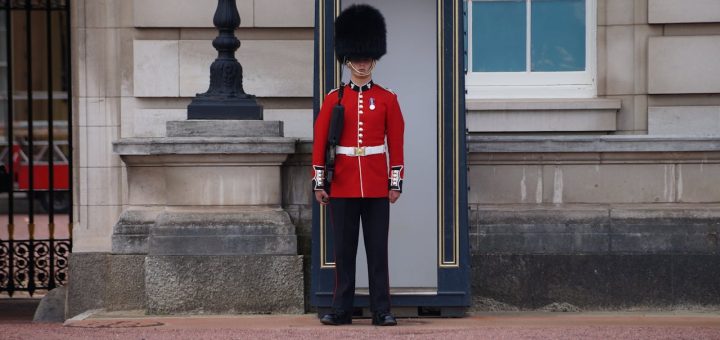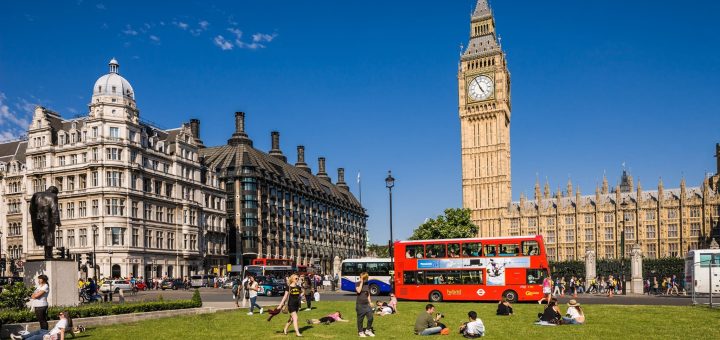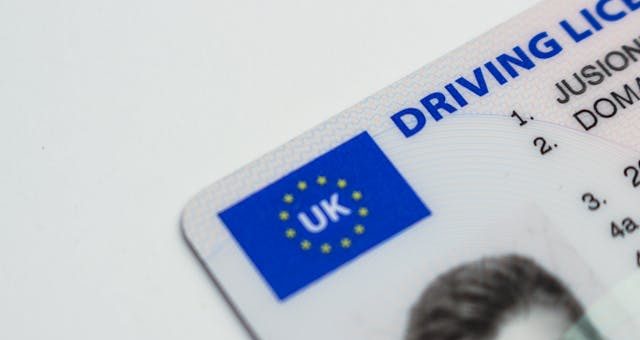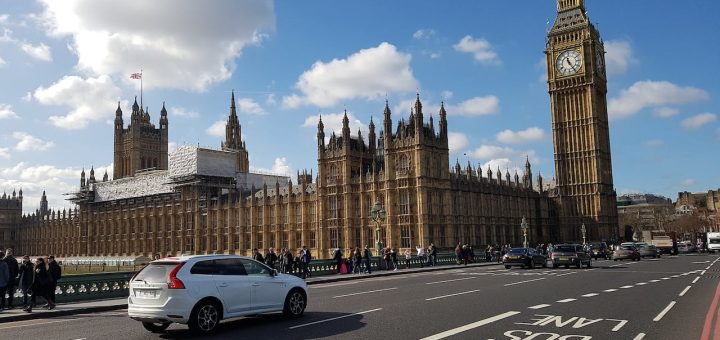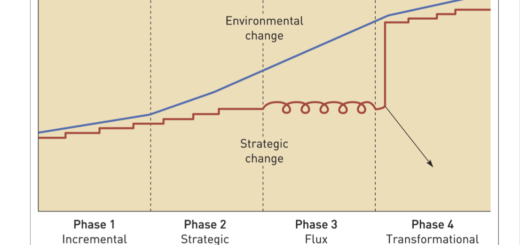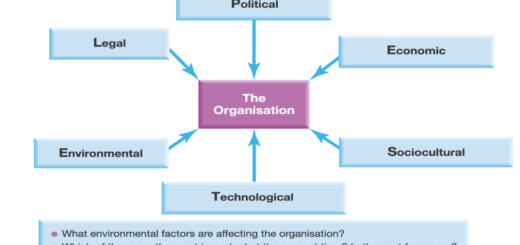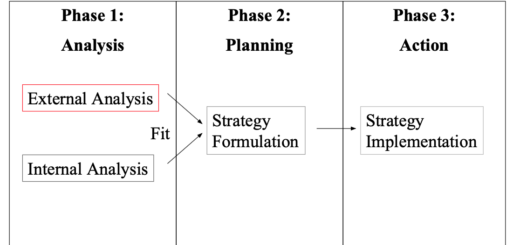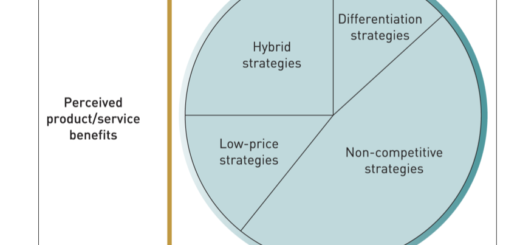UK Immigration Reforms 2025
UK Tightens Immigration Rules – Here’s the Quick Breakdown! Understanding the UK’s New Immigration Policy – May 2025 The UK government has introduced major changes to its immigration rules to reduce net migration and focus on bringing in skilled and highly qualified individuals. These changes affect people coming to the UK for work, study, family, or settlement. Here’s a breakdown of the new policies in simpler terms: 1. Skilled Workers The UK now wants to bring in more highly educated workers. To qualify for a skilled worker visa, applicants must have a university-level qualification (at least a bachelor’s degree). The government has removed a list of jobs that previously allowed lower salary thresholds, making it harder for some to qualify. Employers also have to pay more to sponsor a foreign worker, which means they might prefer hiring people already living in the UK. 2. Social Care Sector Social care roles, like care workers who look after the elderly or disabled, have relied heavily on foreign workers. The UK plans to stop hiring care workers directly from abroad by 2028. Instead, employers should look for candidates who already live in the UK. This could be British citizens or foreign nationals already here on other visas. 3. International Students Students from outside the UK will face tighter rules. After graduation, they can now stay for only 18 months instead of two years to find work. Universities will have to pay a 6% tax on money they make from international students. Also, the UK will keep a closer watch on universities that sponsor student visas, to make sure they follow immigration rules strictly. 4. Dependants People coming to the UK on certain work visas who want to bring family members (like spouses or children) will need to earn more money to qualify. Lower-paid workers might not be allowed to bring dependants at all. This is to reduce the number of people coming to the UK through family migration. 5. Settlement and Citizenship...



